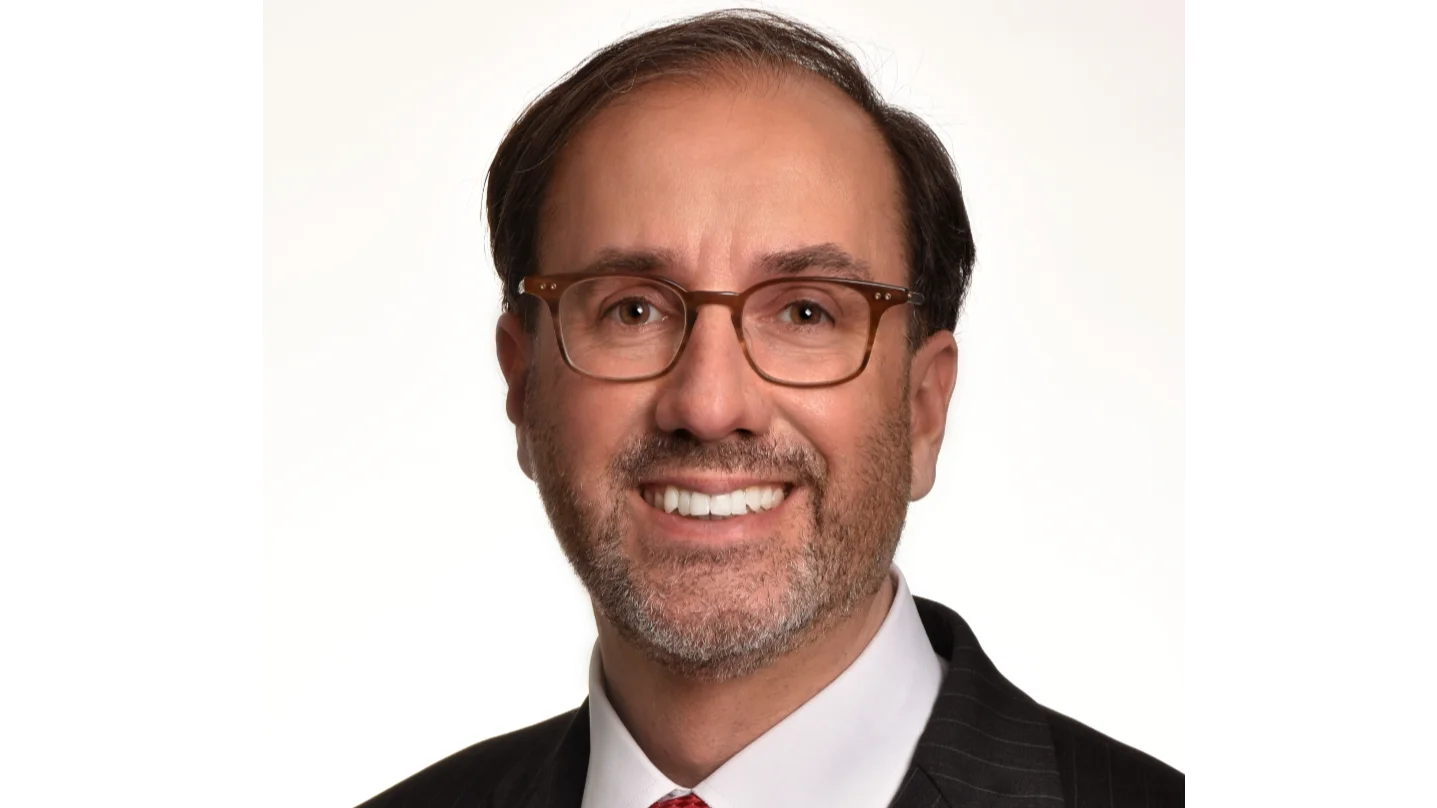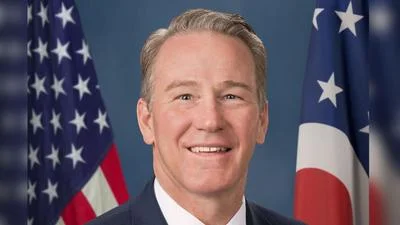Robert Alt President and Chief Executive Officer | The Buckeye Institute, OH
Robert Alt President and Chief Executive Officer | The Buckeye Institute, OH
The Buckeye Institute recently provided testimony to the Ohio House Homeland Security Committee regarding Ohio Senate Bill 37. This bill aims to ensure that driver’s license suspensions are strictly related to driving offenses.
Greg R. Lawson, a research fellow at The Buckeye Institute, emphasized that Senate Bill 37 aligns with the criminal justice reforms the organization has supported for over ten years. He stated that suspensions should focus on "dangerous offenses involving operating motor vehicles, [such as] driving under the influence, and vehicular homicide."
Lawson cited research indicating that millions of Ohioans have had their licenses suspended for non-driving-related offenses. He noted that these suspensions lead to "difficulty obtaining and retaining meaningful employment" and reduce the pool of available workers for businesses in Ohio.
He praised lawmakers for ending suspensions used as penalties for truancy, drug misdemeanors unrelated to driving, court fines, and other debt-related issues. Lawson remarked that eliminating these penalties would help many avoid financial difficulties while maintaining public safety against real vehicular threats.
In his prepared statement, Lawson reiterated the importance of focusing license suspensions on public safety by targeting serious driving offenses. He referenced data from sources like the Marshall Project and Cleveland's WEWS News 5 showing a high number of debt-related suspensions issued by the Ohio Bureau of Motor Vehicles in 2022. Additionally, he mentioned findings from the Legal Aid Society of Cleveland highlighting over one million annual suspensions between 2016 and 2020.
Lawson concluded by stating that removing certain non-driving-related suspension causes would prevent financial traps and address social issues without compromising safety.






 Alerts Sign-up
Alerts Sign-up